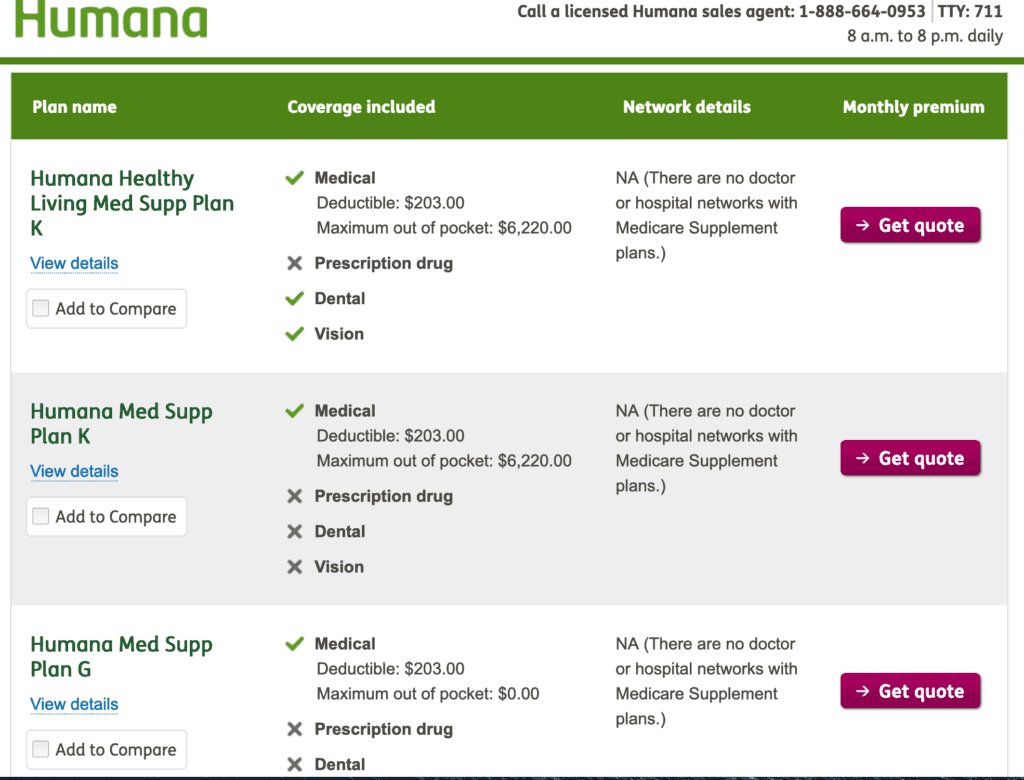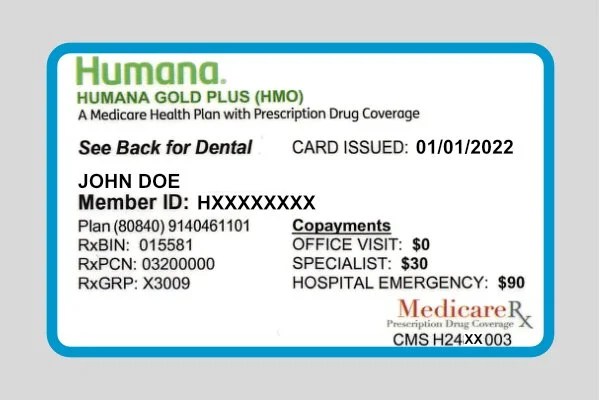Humana PPO vs. HMO: Unpacking the Key Differences

Navigating the healthcare landscape can feel like deciphering a complex code. When choosing a health insurance plan, understanding the differences between plan types is crucial. This article dives deep into the distinctions between two common Humana plan options: Preferred Provider Organization (PPO) and Health Maintenance Organization (HMO).
Choosing between a Humana PPO and HMO plan significantly impacts your healthcare access, costs, and overall experience. These two models represent different approaches to healthcare delivery, offering varying levels of flexibility and cost control. Making an informed decision requires understanding the core contrasts between these plans, tailoring your choice to your specific healthcare needs and preferences.
The evolution of health insurance plans in the US led to the rise of both PPOs and HMOs. HMOs emerged earlier, aiming to control costs through managed care. PPOs followed, offering greater flexibility in provider choice. Humana, a major player in the health insurance market, offers both PPO and HMO options, catering to a diverse range of consumer needs and preferences.
A key issue surrounding the choice between PPO and HMO plans revolves around balancing cost savings with access to preferred doctors and specialists. HMOs generally offer lower premiums and cost-sharing but restrict coverage to in-network providers. PPOs allow greater flexibility to see out-of-network providers, but this comes at a higher cost. This trade-off between cost and access is central to the decision-making process.
Understanding the definitions of these plan types is fundamental. A Humana HMO plan typically requires you to select a primary care physician (PCP) who acts as a gatekeeper for specialist referrals. Seeing specialists outside the network usually isn't covered except in emergencies. A Humana PPO plan provides more freedom, allowing you to see any doctor or specialist without a referral, even if they are out-of-network, although out-of-network care comes with higher out-of-pocket expenses.
One benefit of choosing a PPO over an HMO is the flexibility to see specialists without referrals. For example, if you need to see a dermatologist, you can schedule an appointment directly without going through your PCP. Another advantage is the ability to access care out-of-network, which is particularly useful when traveling or if your preferred specialist isn't in the HMO network. Finally, PPOs often provide broader geographic coverage, making it easier to find in-network providers.
Humana PPO vs. HMO: Advantages and Disadvantages
| Feature | PPO | HMO |
|---|---|---|
| Cost | Higher premiums, higher out-of-pocket costs for out-of-network care | Lower premiums, lower out-of-pocket costs |
| Flexibility | Greater flexibility to see specialists and out-of-network providers | Limited to in-network providers, PCP referrals required for specialists |
| Network | Larger network, broader geographic coverage | Smaller network, may be geographically limited |
Frequently Asked Questions
Q: Can I see any doctor with a Humana PPO? A: With a PPO, you can see any doctor, but staying in-network will save you money.
Q: Do I need a referral to see a specialist with a Humana HMO? A: Yes, typically you need a referral from your PCP.
Q: What happens if I see an out-of-network doctor with a Humana HMO? A: Generally, it won’t be covered except in emergencies.
Q: Which plan is cheaper, PPO or HMO? A: HMOs usually have lower premiums and cost-sharing.
Q: Can I change my PCP with a Humana HMO? A: Yes, you can usually change your PCP within the network.
Q: Does Humana offer plans in my area? A: Humana's availability varies by location. Check their website for details.
Q: What if I move while on a Humana plan? A: Contact Humana to understand your options and coverage in your new location.
Q: How do I choose between a Humana PPO and HMO? A: Consider your healthcare needs, budget, and preferred doctors.
Tip: Compare plan details carefully, including premiums, deductibles, copays, and coinsurance, to make an informed decision.
In conclusion, the choice between a Humana PPO and HMO plan depends on individual circumstances. PPO plans offer flexibility and access to a wider network of providers at a higher cost, while HMO plans provide cost savings but restrict choice. Understanding the core differences—cost, flexibility, and network coverage—is vital for making the right choice. Carefully evaluate your healthcare needs, budget, and preferences to determine which plan best aligns with your lifestyle. Taking the time to research and compare options can lead to substantial savings and a more satisfactory healthcare experience. By weighing the pros and cons of each plan type, you can navigate the complexities of health insurance and make an empowered decision for your health and well-being. This careful consideration will pay dividends in the long run, ensuring you have the access and coverage you need while managing your healthcare expenses effectively.
Weak wi fi signal your thermostats power struggle
Restore your rav4s vision the ultimate guide to side mirror replacement
Elevated bathrooms exploring farrow ball paint










